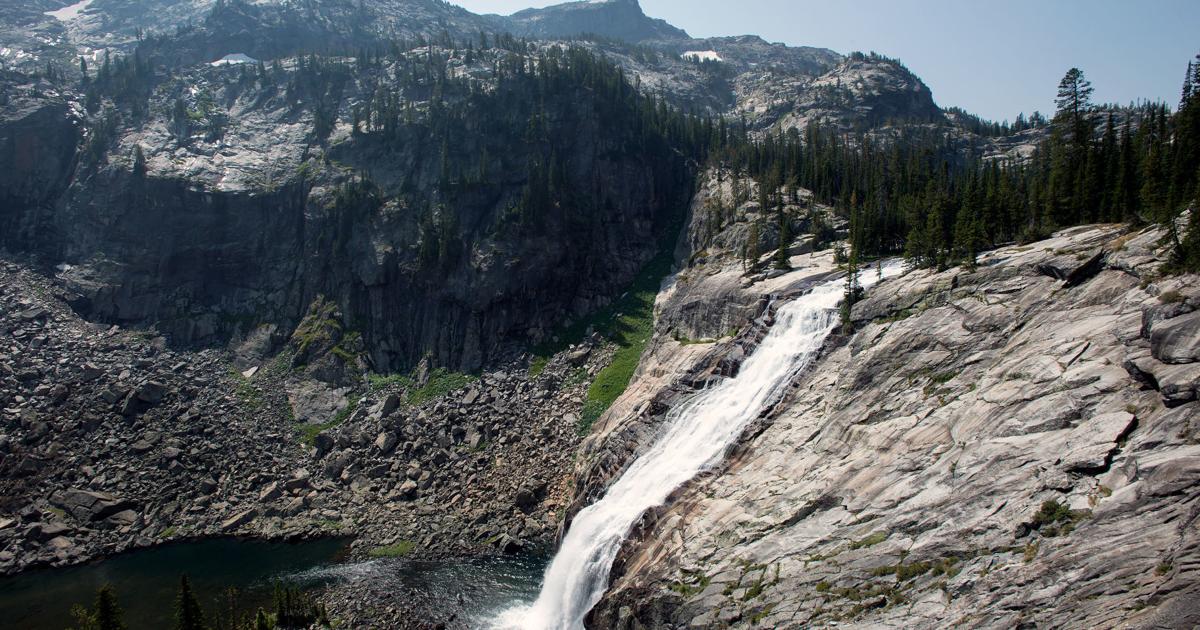D
Deleted member 28227
Guest

Montana honors Crow treaty rights in Custer Gallatin National Forest
The May 20 U.S. Supreme Court opinion affirming Crow Tribe treaty hunting rights in Wyoming has reverberated into Montana.billingsgazette.com
Interesting...
"Court cases defined that for us a long time ago," said Tom McDonald, the Fish, Wildlife, Recreation & Conservation Office division manager for the CSKT.
For male wildlife species like deer and elk, tribal hunters can shoot a bull or buck any time of the year without even purchasing a tag, he explained. For restricted species like moose or bighorn sheep there are tag drawings for tribal members, and bighorns are hunted only on the reservation. Seasons for female wildlife species run from Sept. 1 to Jan. 31, McDonald said.
Any idea what the courts cited when they ruled you could restrict species and set seasons?



